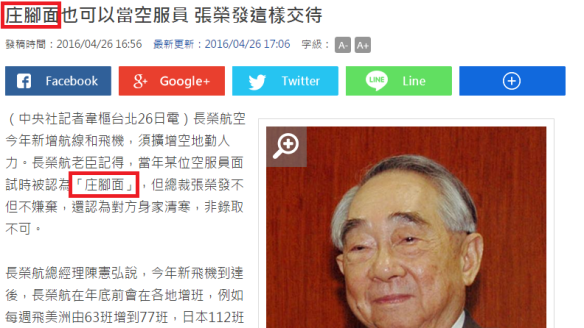So after yesterday’s post on the Taiwanese term 「莊腳面」 ‘country bumpkin face’ chng-khabīn – I got inundated (read: I got like two comments) by information from Taiwanese friends trying to explain what kind of faces they are.
One 天龍人* friend used two alternative ways of representing the term in Chinese: 「增咖面」(phonetic rendering) and 「樁腳面」. He suggested any of the actors from shows in the 8pm slot on TV, like 《娘家》(Mom’s House), 《世間情》(Love) and 《嫁妝》(Dowry):
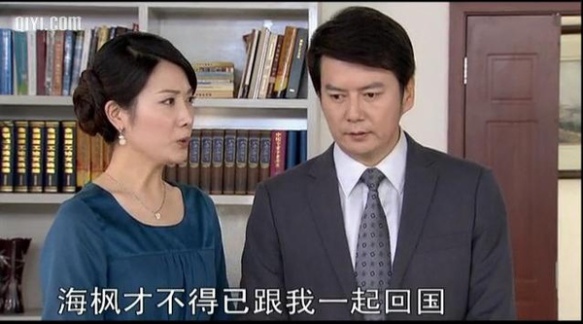
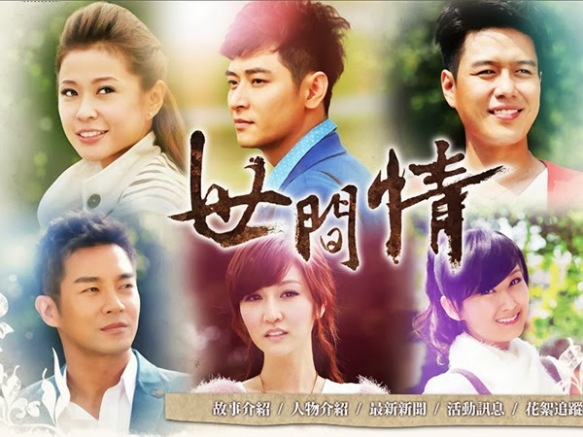
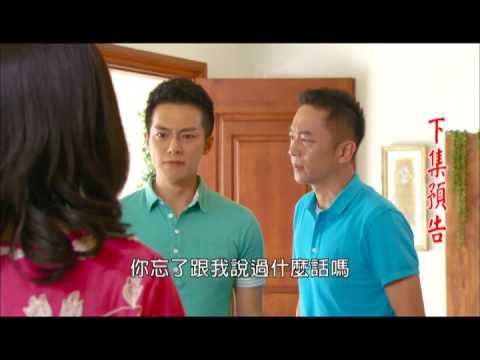
He also said it could be applied to non-Taiwanese people, and put forth Susan Boyle and Adele!? as two examples from the UK. He said that it’s because they look “dated”.
Another friend said it was a synonym for the expressions 「土」 (rustic) and 「台」 (folksy with Taiwanese characteristics).
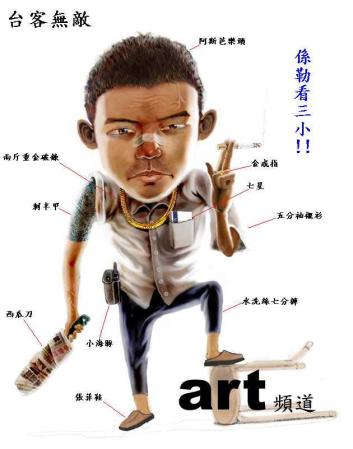
*「天龍人」 is a term generally used in Taiwan to refer to people from Taipei, suggesting that they are elitist and look down on others. It takes its origins in the term “World Nobles” (Japanese: 天竜人 Tenryūbito) from Japanese manga One Piece and literally means “Heavenly Dragon Folk”, snobby arrogant elites who serve as the world government in the manga (hmm, snobby, arrogant, who would that remind you of…).
Let me just note here that I don’t endorse judging people on the basis of whether they are from an urban or rural environment and this is all meant in a lighthearted way.

